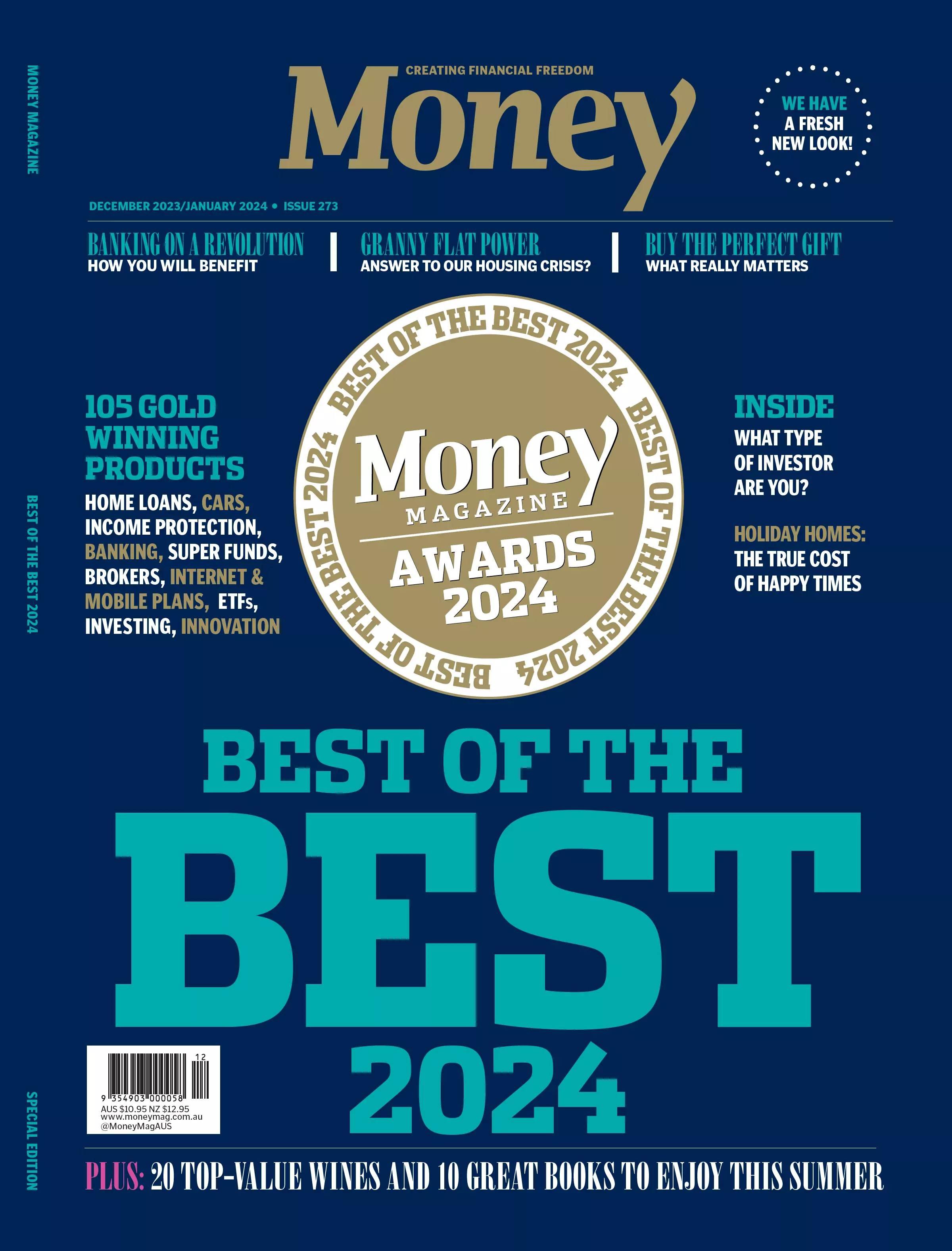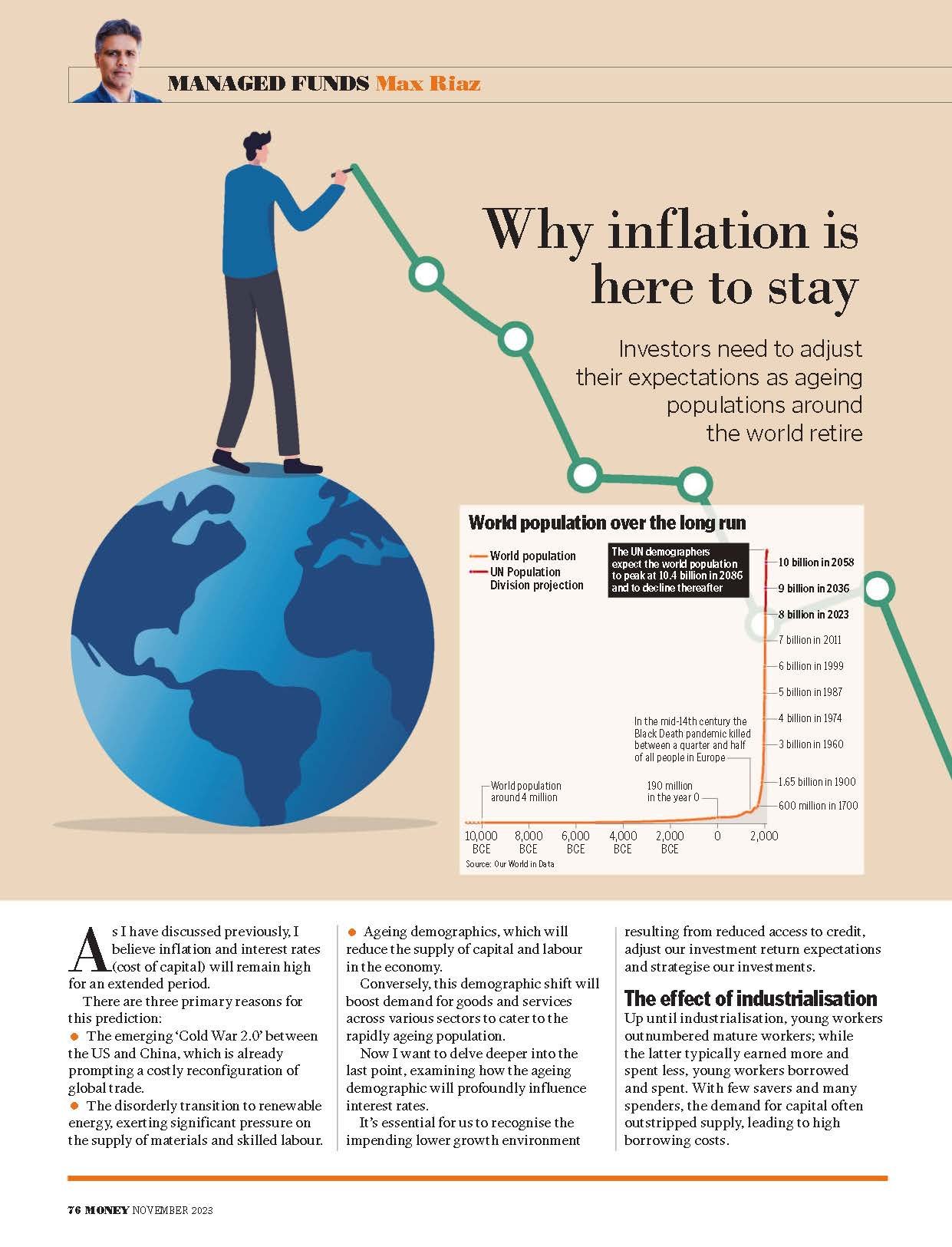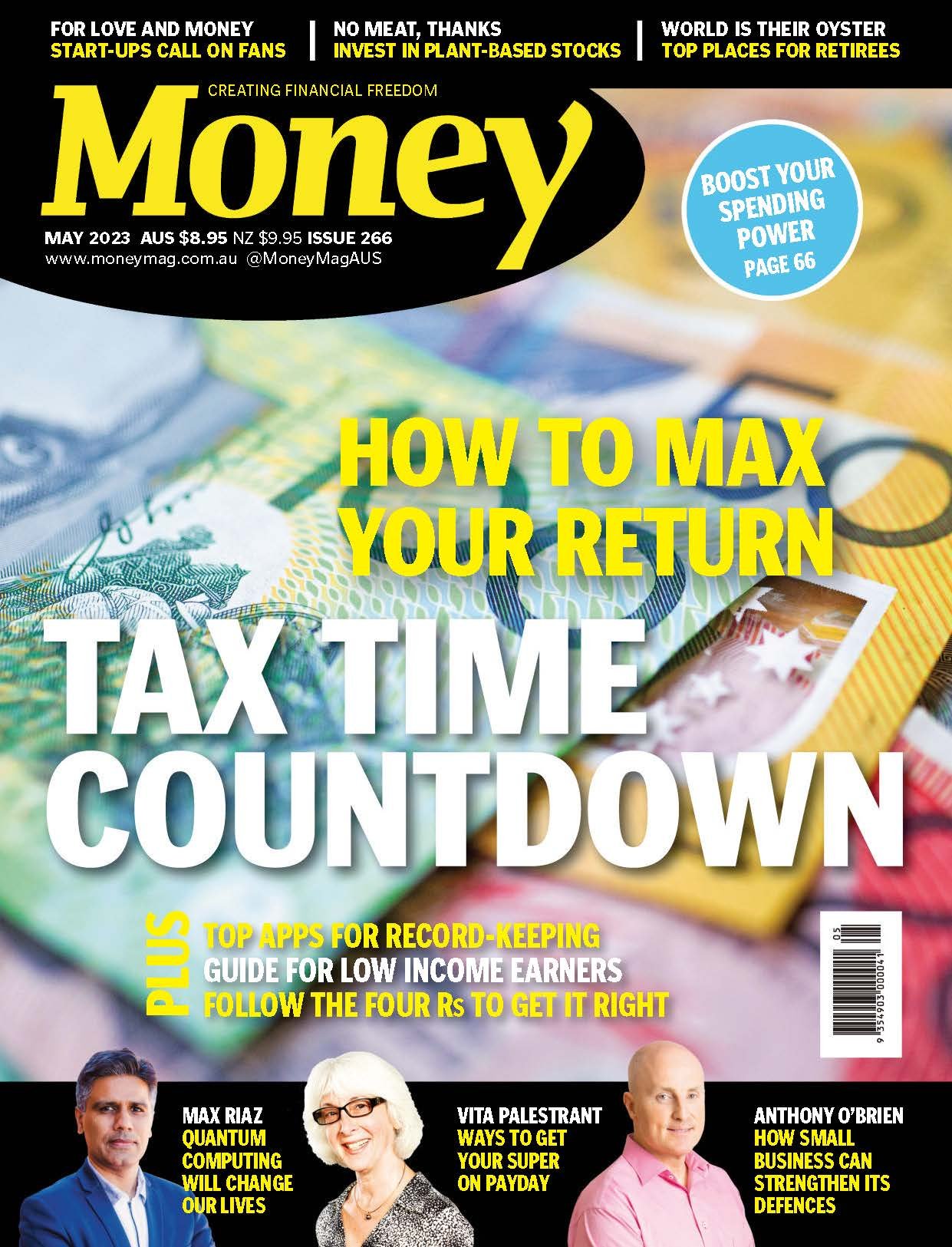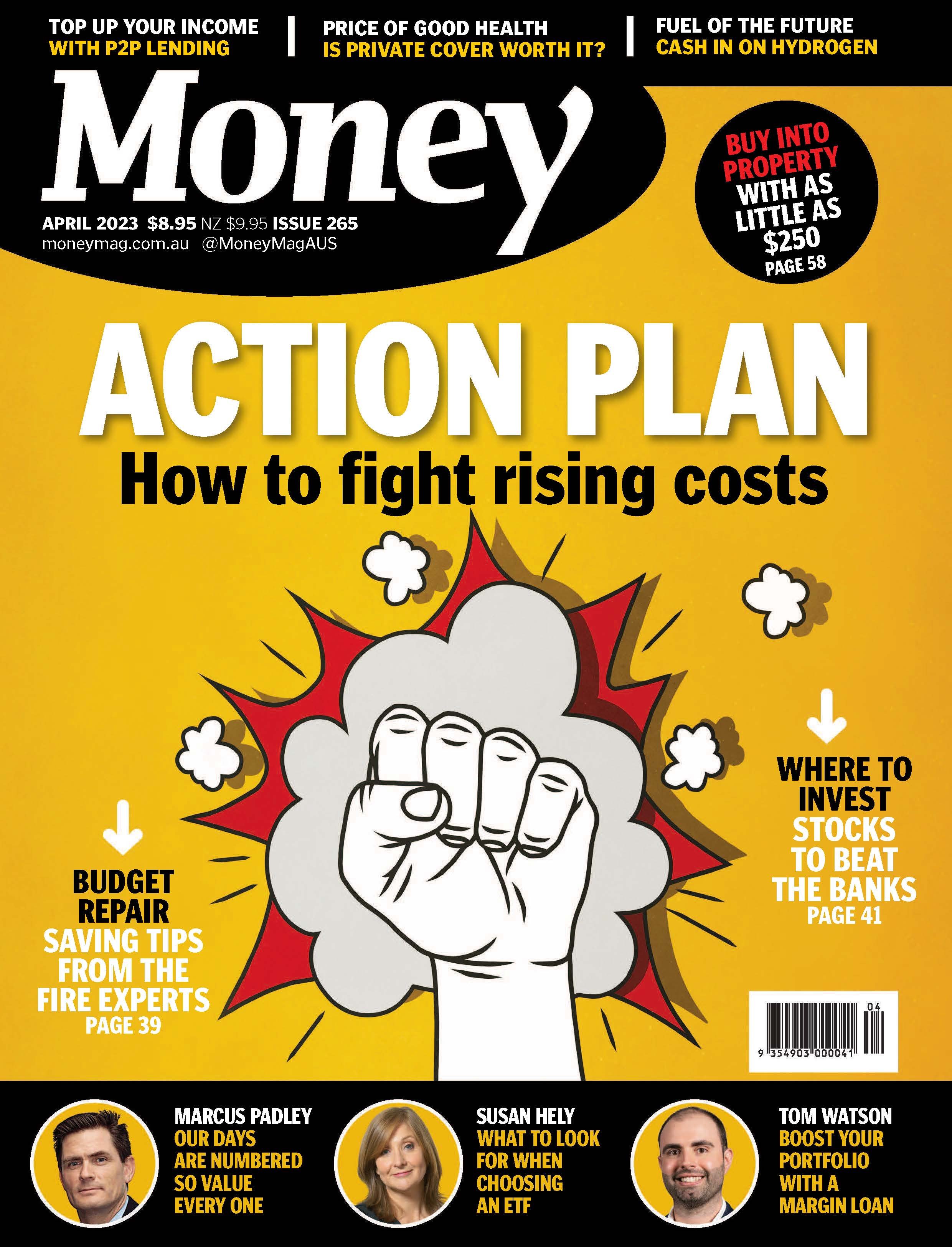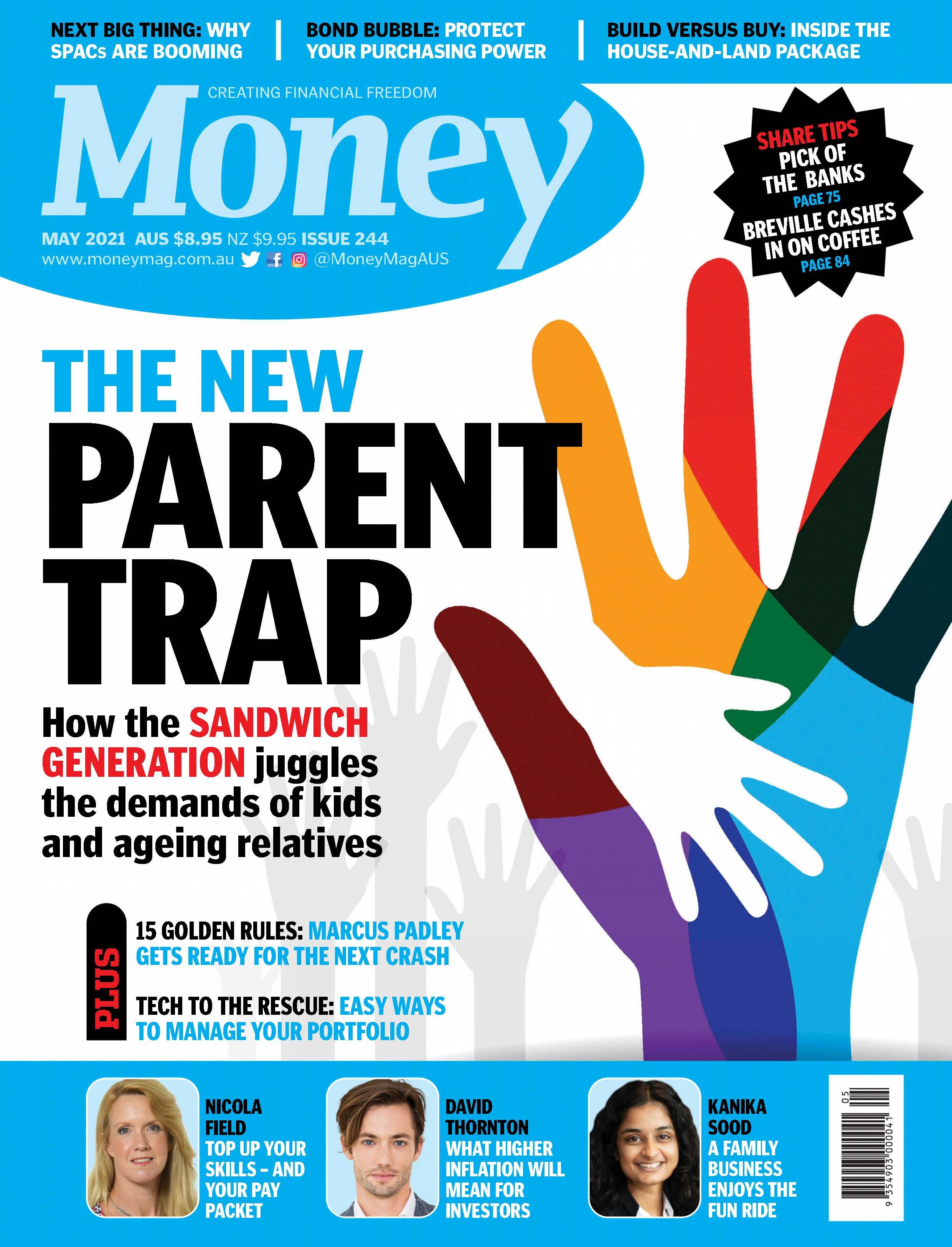Economic Trends: Business is buoyant
/Growth in output of private sector hits a four year peak in Australia
Paying attention to the latest business surveys is a good idea as they can be a good source of knowing what is happening on the ground and can help predict the future economic growth and business’ revenues & profits. We get constantly bombarded by economic commentary on the web and tv but they are essentially someone else’s perception of reality and it is always a good idea to keep a keen eye on the raw economic data yourself.
Yesterday, in Australia, the IHS Markit Composite PMI Output Index was published and it showed record growth in business output in Australia during April. With this data, it is important to look at the trend and not just one data point. I have taken the chart below from IHS’s market release and it is evident that Australian business PMI has been growing consistently and strongly since the great dip in March 2020, the index has well and truly shot through the previous high set in 2017.
This PMI index is produced by a global data firm, Markit Economics, which surveys the firms operating in the Manufacturing and Services industries (800 firms surveyed) and the data (collected between 12-21 April) is combined based on the GDP based weighting of the two industries. It is worth noting here the specific sectors included in the index, while the manufacturing industry is easy to know the services industry needs further elaboration. The following services sectors are included in the index, namely, the consumer (excluding retail), transport, information, communication, finance, real estate, and business services.
The April number of this index, which rose from 55.5 in March to 58.8 in April, shows that private businesses have been growing their output with significant momentum during the month. The strong growth in the output of goods and services by companies is a clear indication of a pick-up in demand from domestic consumers, who are opening up their wallets from savings built up during covid-19 related lock-downs last year. The lock-downs clearly remain a threat to economic activity as we have seen covid-19 cases develop in the community in Western Australia on Friday 23 April, which has caused the state to lock-down for three days over the weekend. But there is a sense amongst businesses and consumers in Australia that Covid-19 is unlikely to spread here because of our government’s stringent quarantine controls and strict management protocols to prevent any local outbreaks.
Consumers are feeling confident from a pickup in housing prices which in-turn has revived construction activity, the domestic share market has recovered almost fully from its previous peak in early 2020 and interest rates remain at rock bottom. On interest rates, the RBA has signaled it will not increase rates until 2025. That is four years away! Of course, unexpected rises in inflation can bring forward interest rate increases, but based on previous commentary from the RBA governors, any pickup in inflation would have to be more than just a short-term spike for the RBA to raise rates. RBA wants to see inflation between 2-3% and unemployment down below the non-accelerating inflation rate of unemployment (NAIRU), which is around 4.5% (currently unemployment is at 5.8%).
The composite PMI showed a recovery in export orders with demand for Australian goods and services increasing for the first time since January 2020, and at the fastest pace in more than two years. Firms are reporting they are falling behind in being able to fulfill orders, with backlog orders pilling up and starting to run at capacity. This surge in demand has led to surveyed companies increasing their workforce in April with private sector employment increasing at the sharpest rate since this composite survey started in early 2016.
The fact that companies are reporting operating at record capacity, it is therefore, safe to expect that consumer prices will rise in the coming months. Business’ are already reporting rises in selling prices and wholesale prices in April. Considering this survey is a broad base gauge of private sector activity, it is safe therefore to conclude that inflation in the coming months may be felt across a wide range of consumer products and services.
From investors’ perspective, this continued pick-up in output should translate to a strong set of sales and revenue numbers for the fiscal year 2021 and the earnings should continue their momentum into the next year. Our team has been positive on the domestic reopening trade and is positioned to a range of domestic companies in our portfolios across all of our investment strategies.




